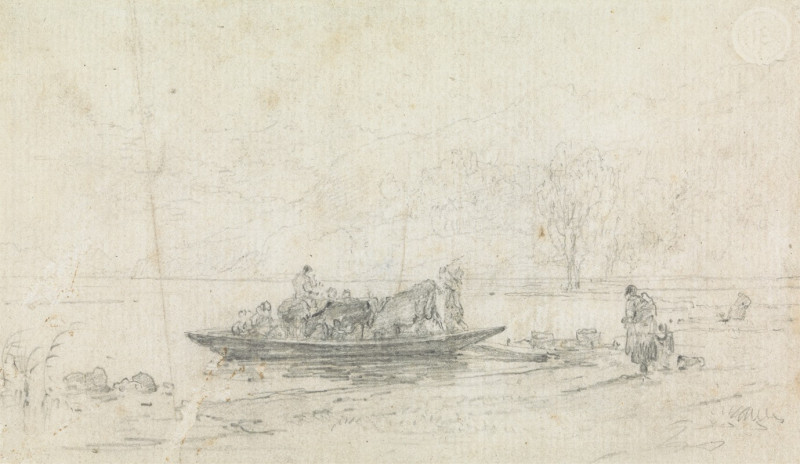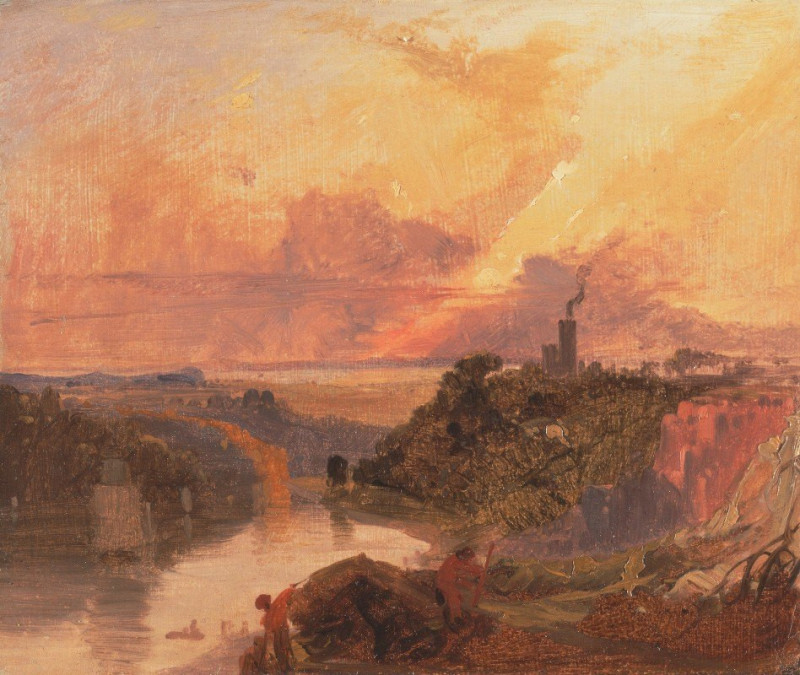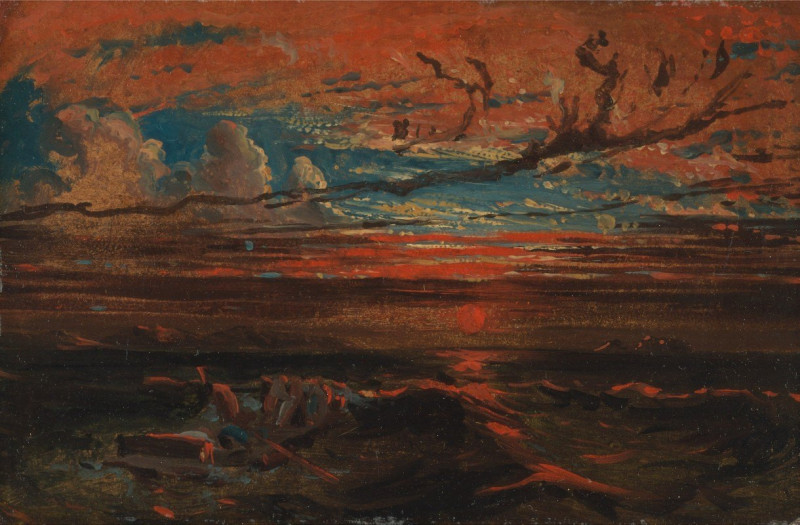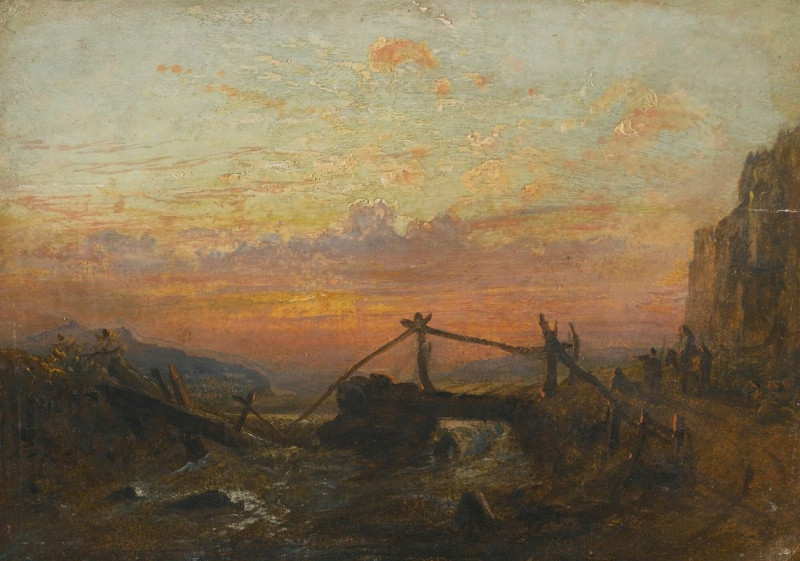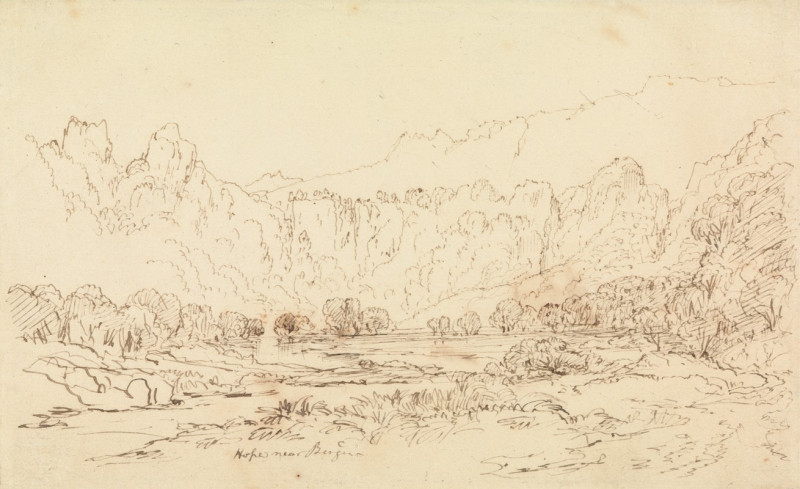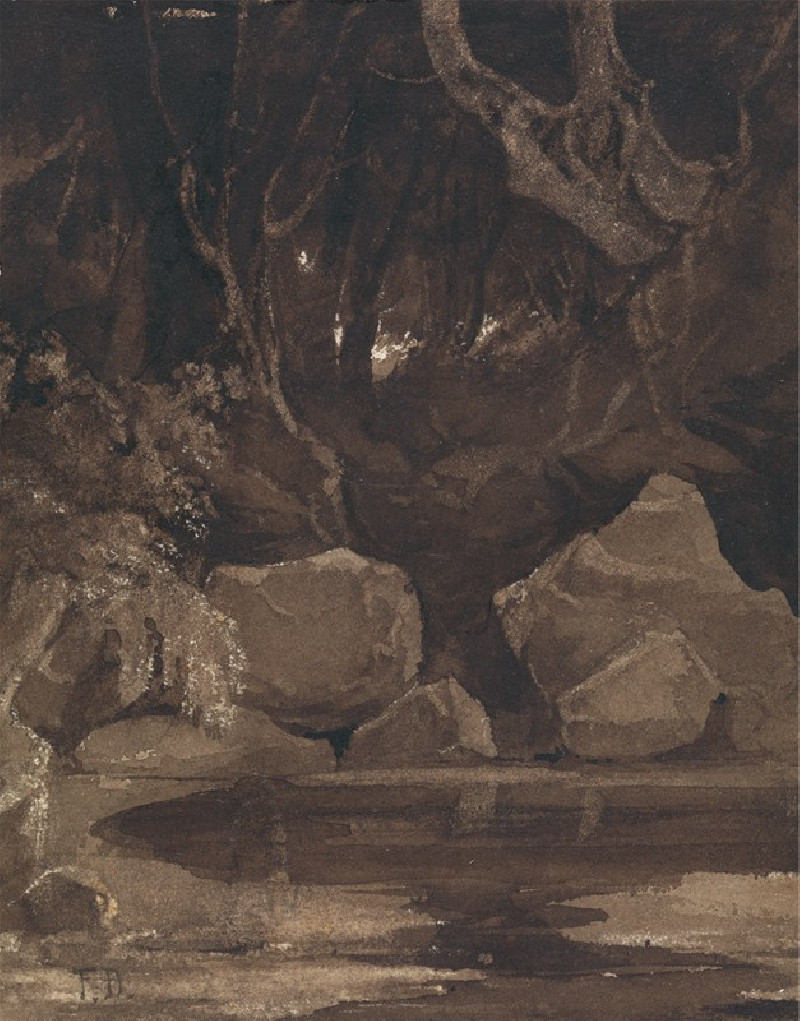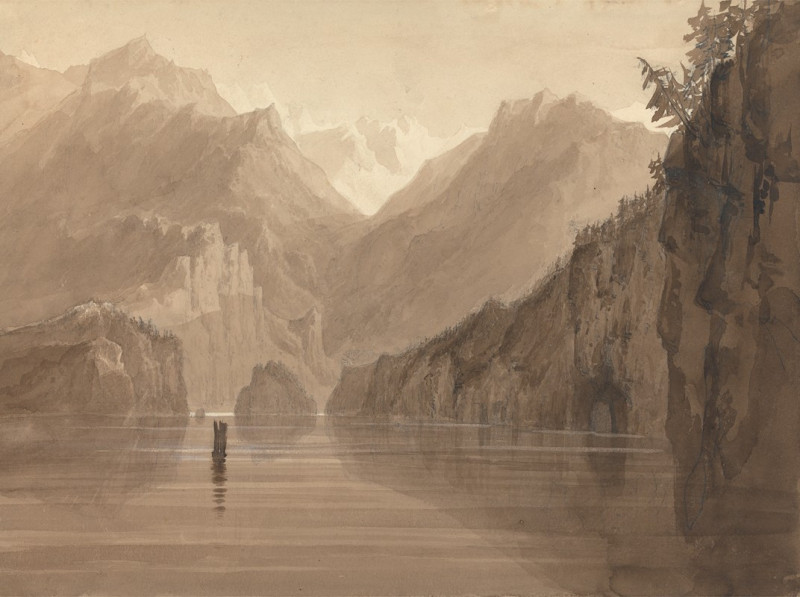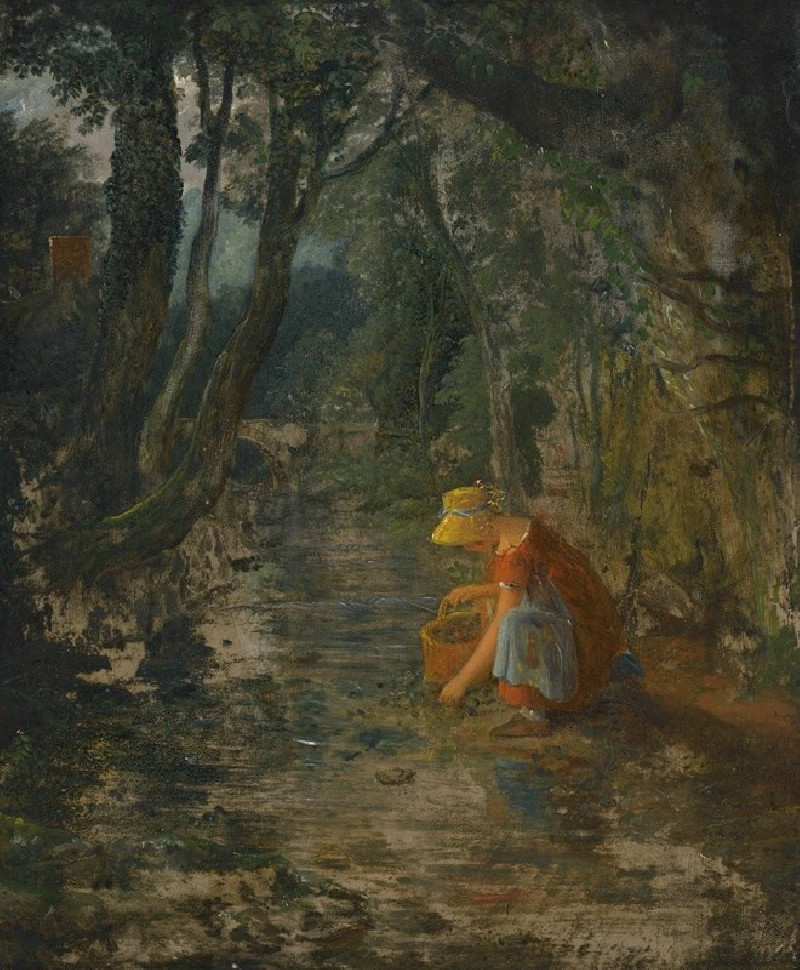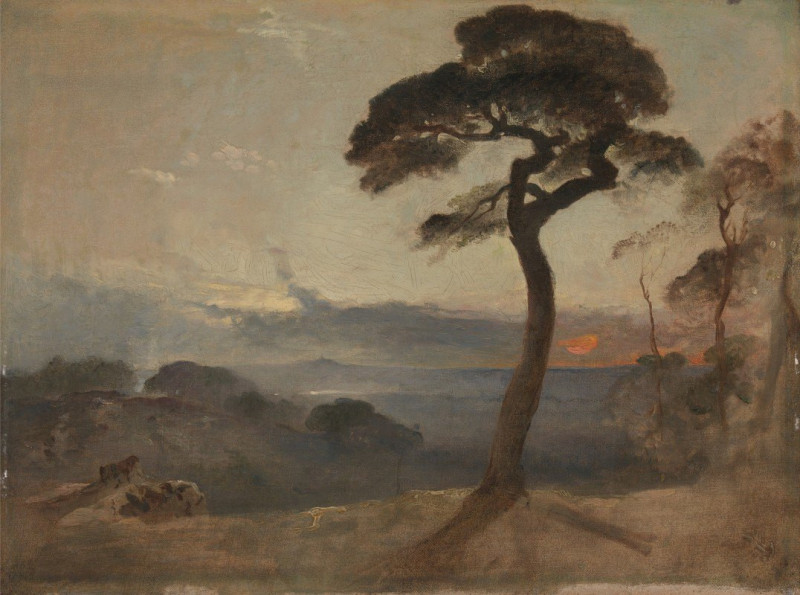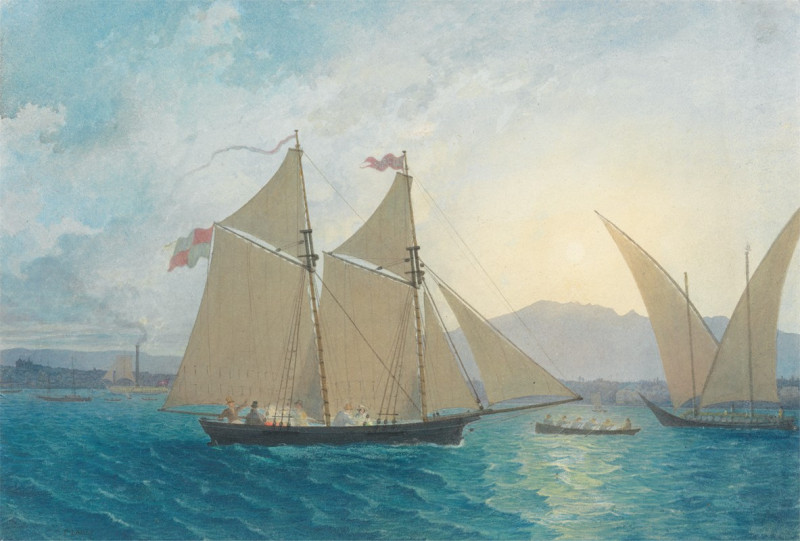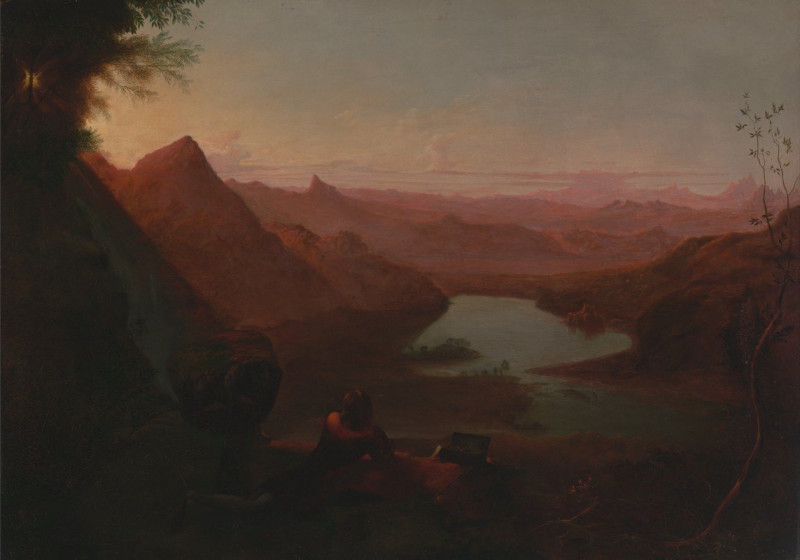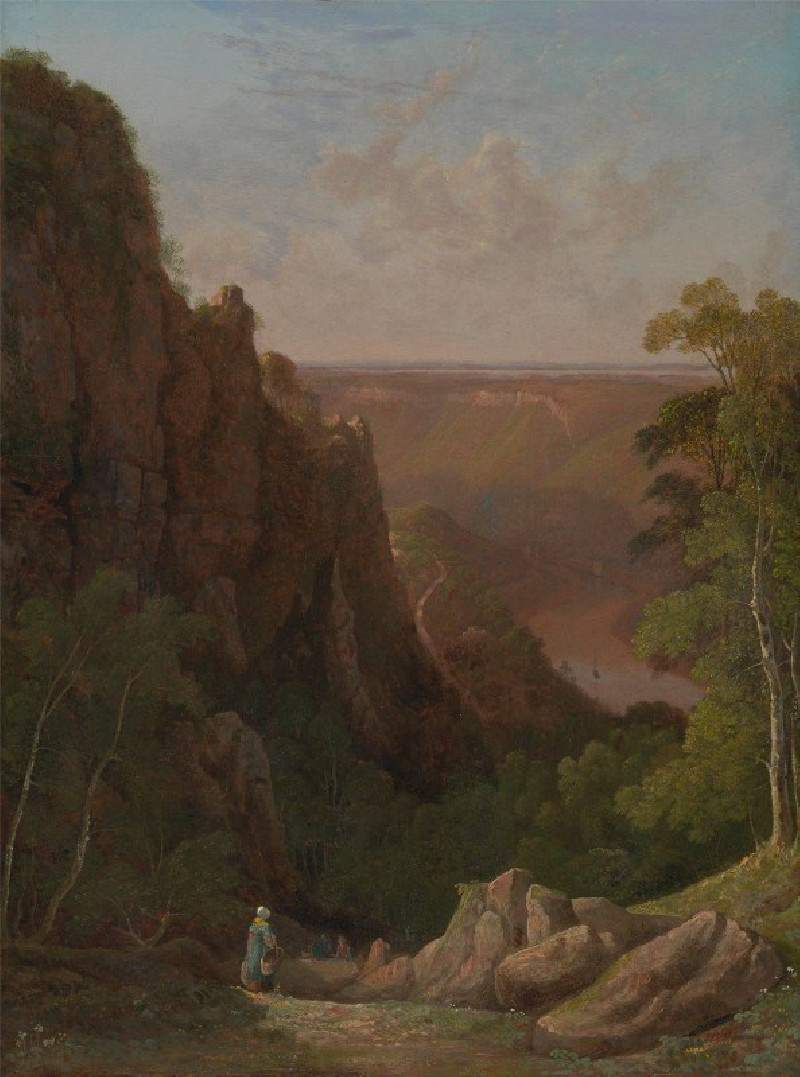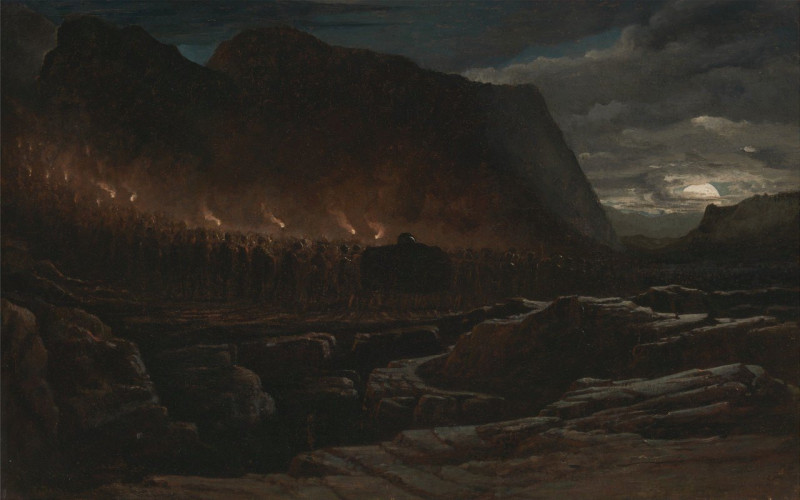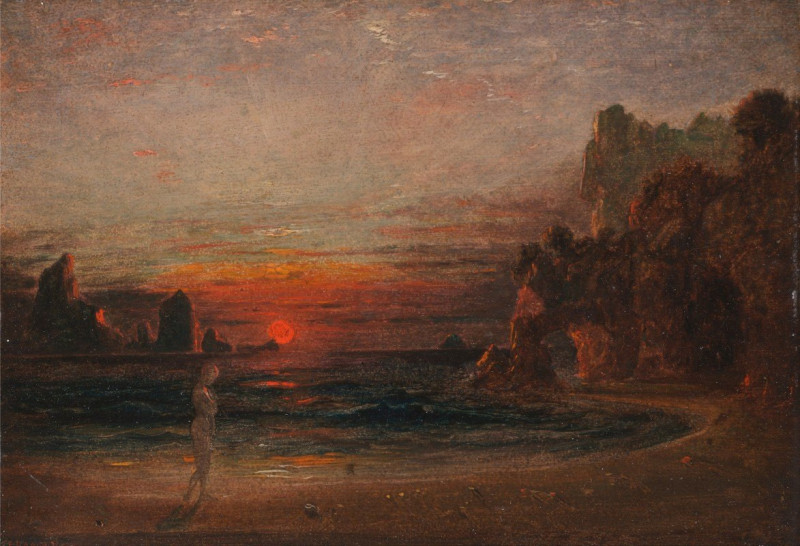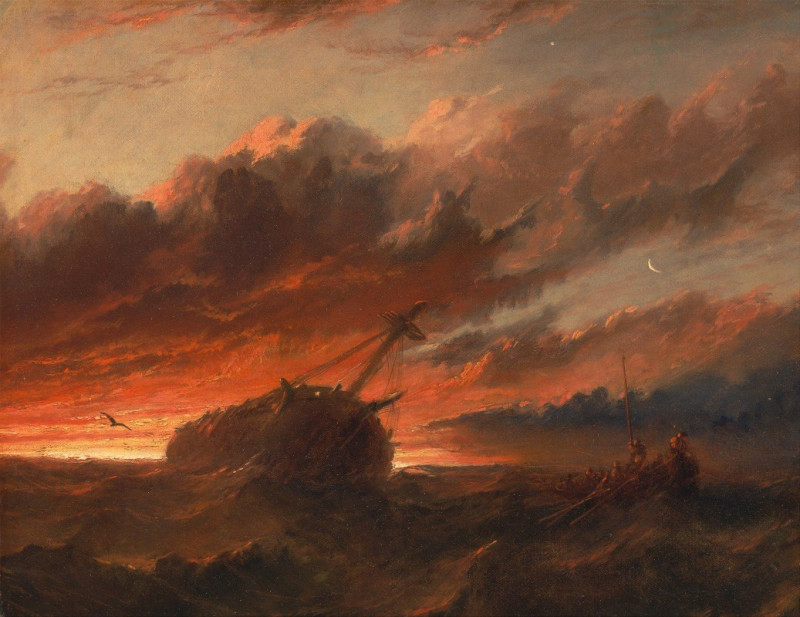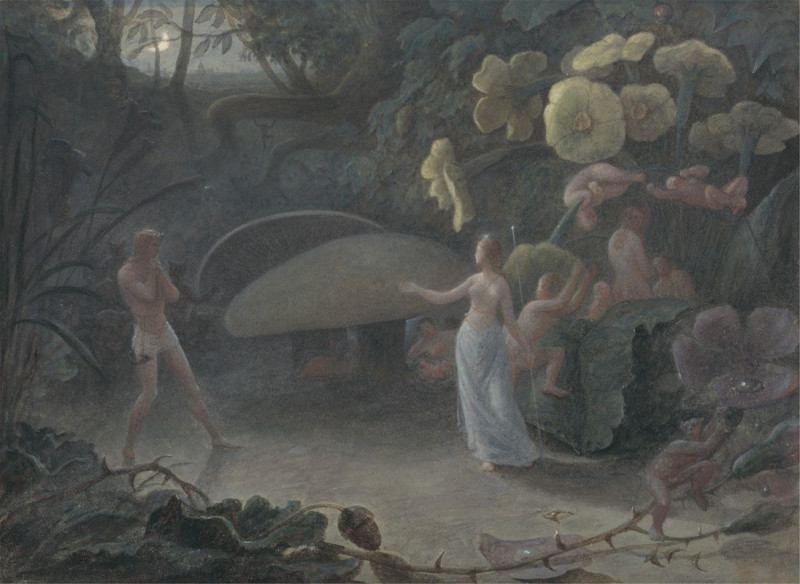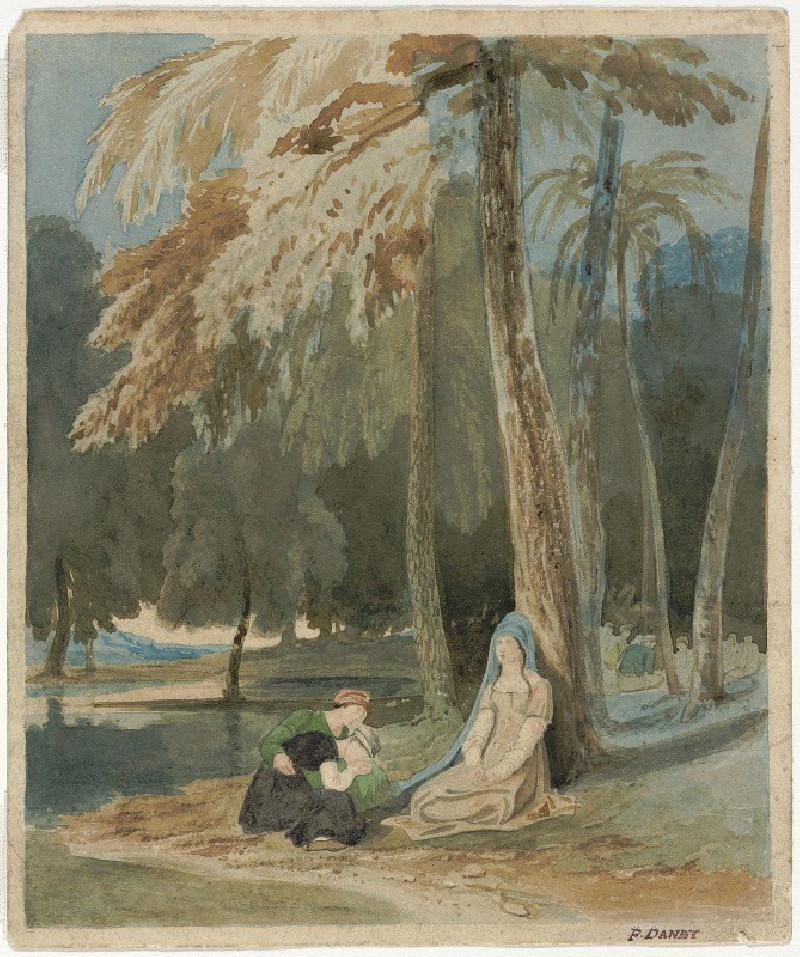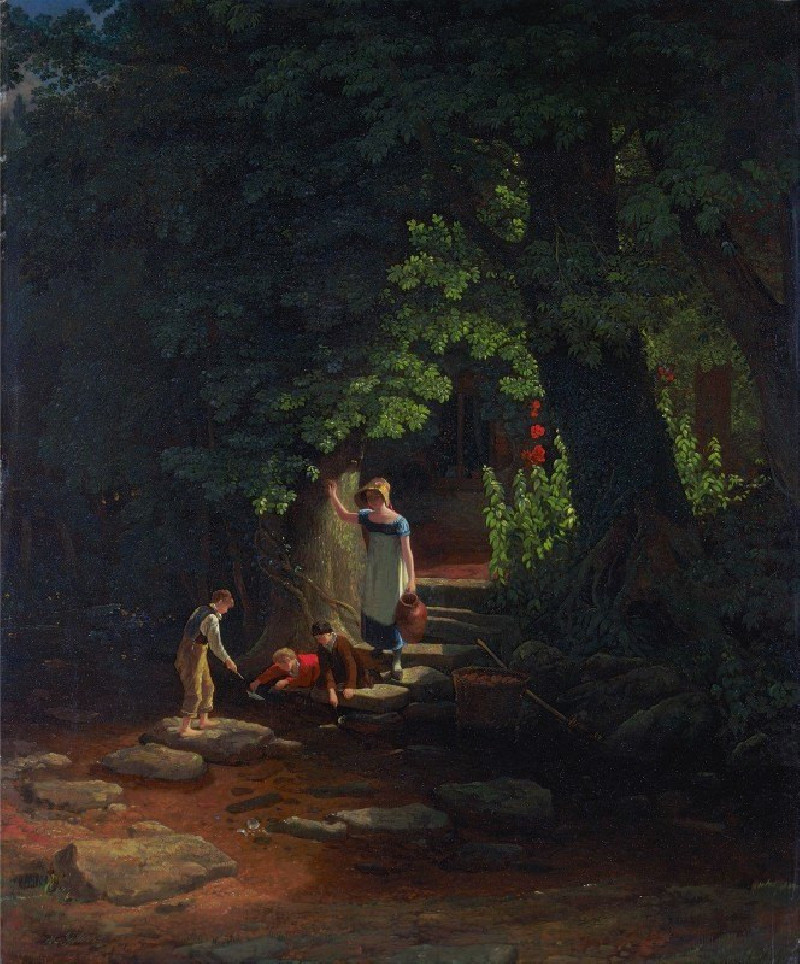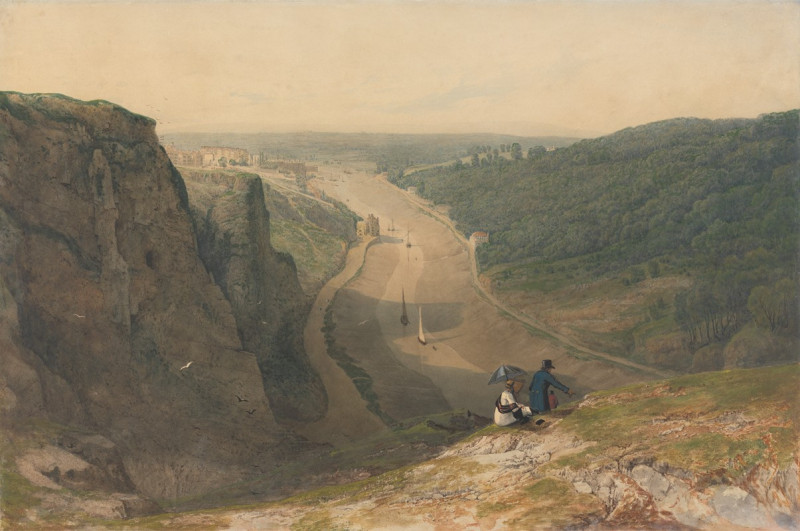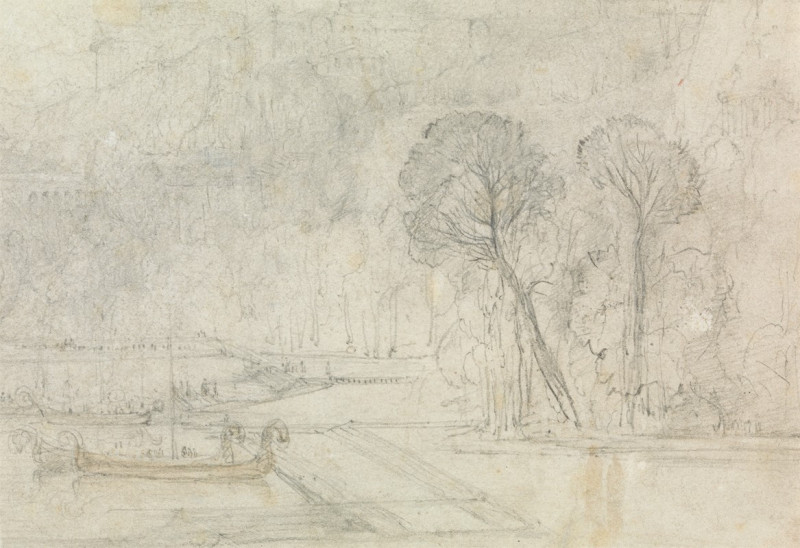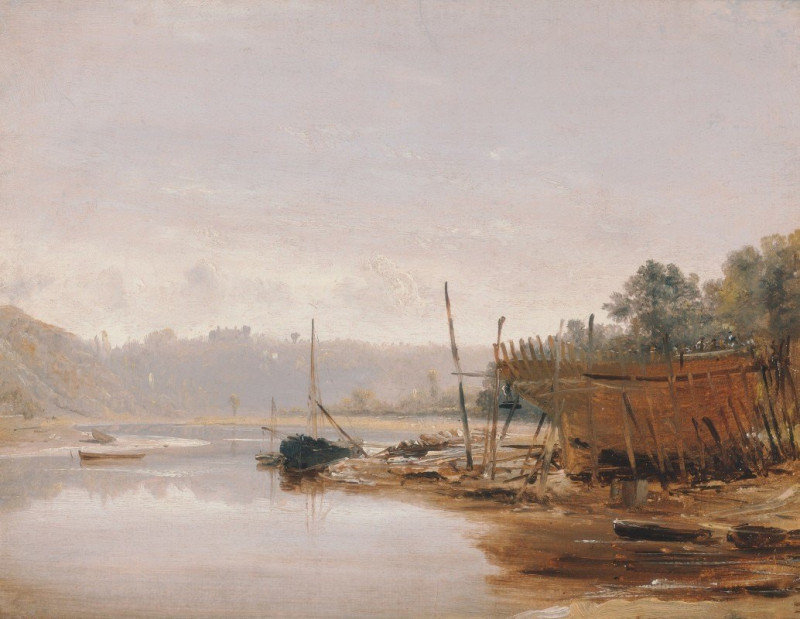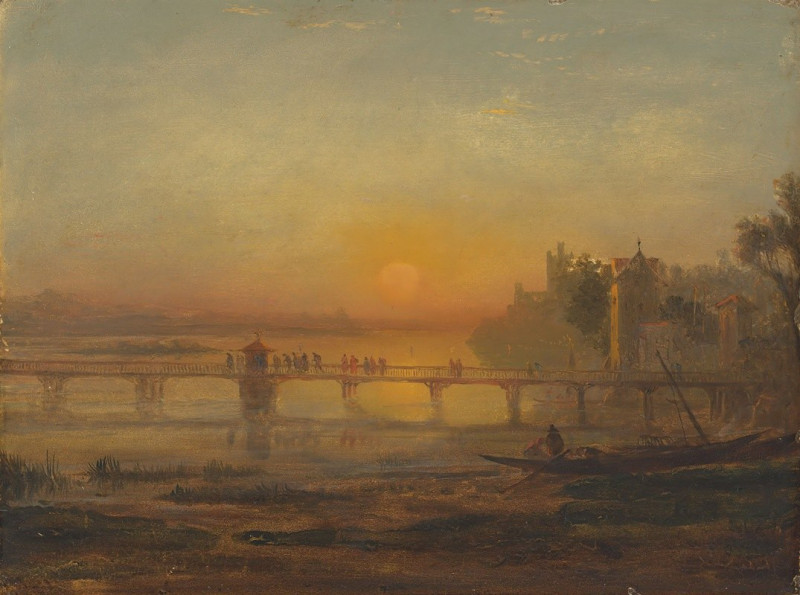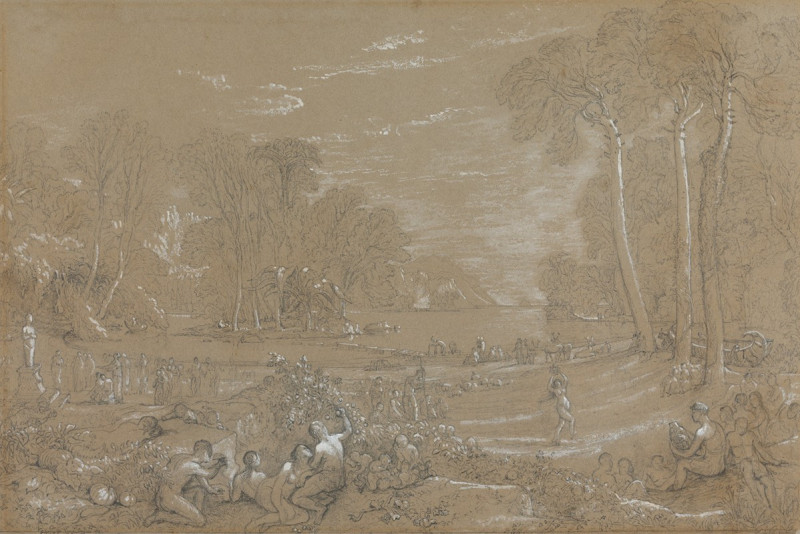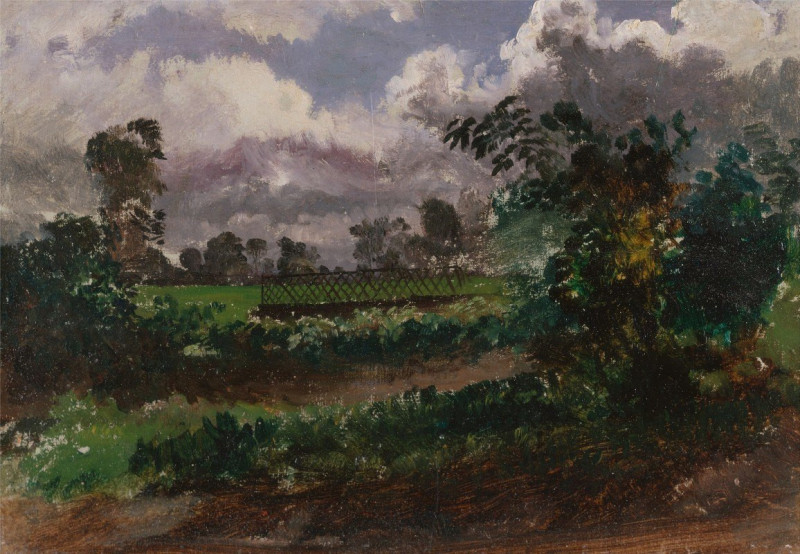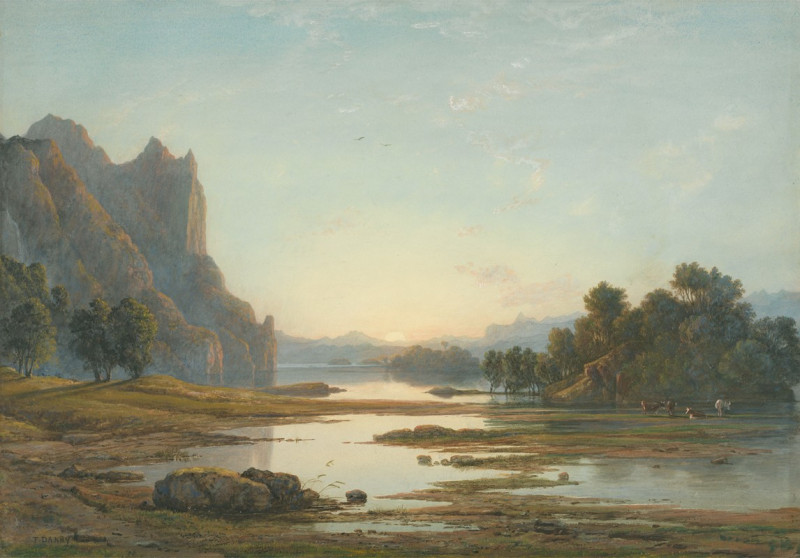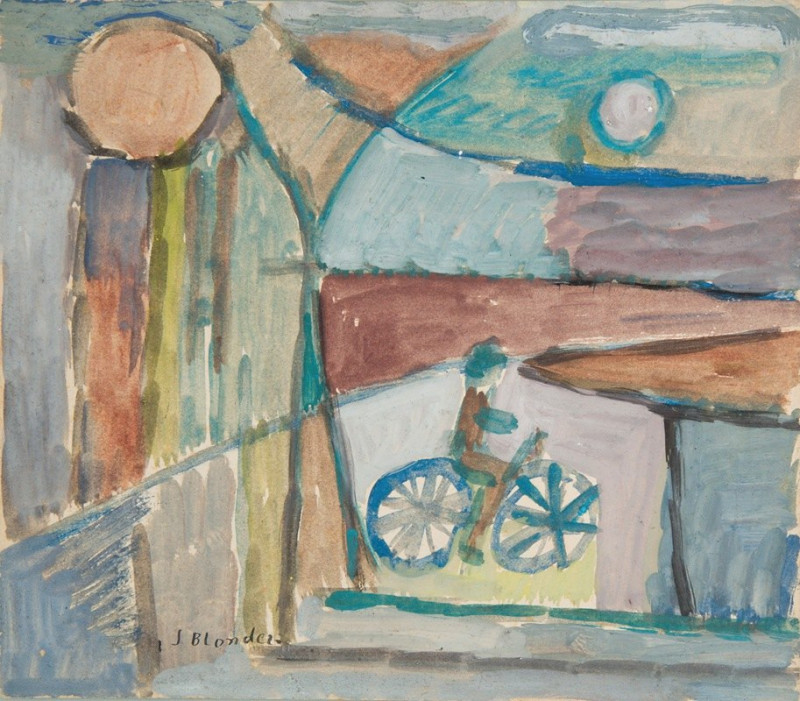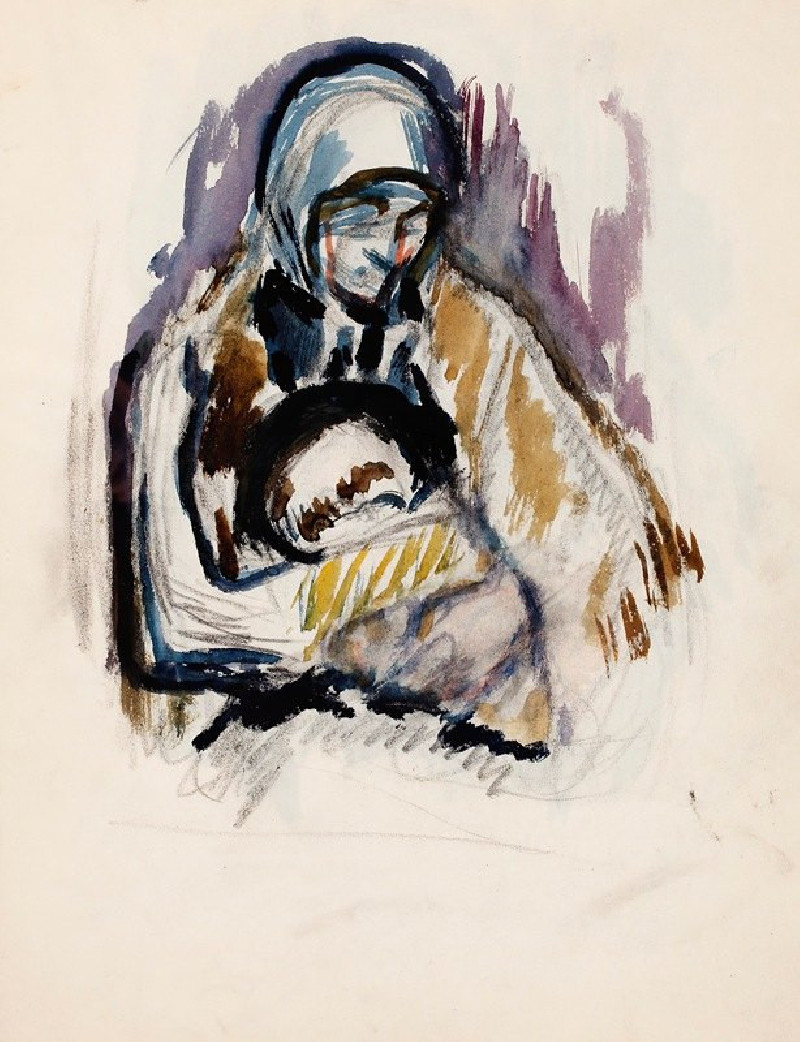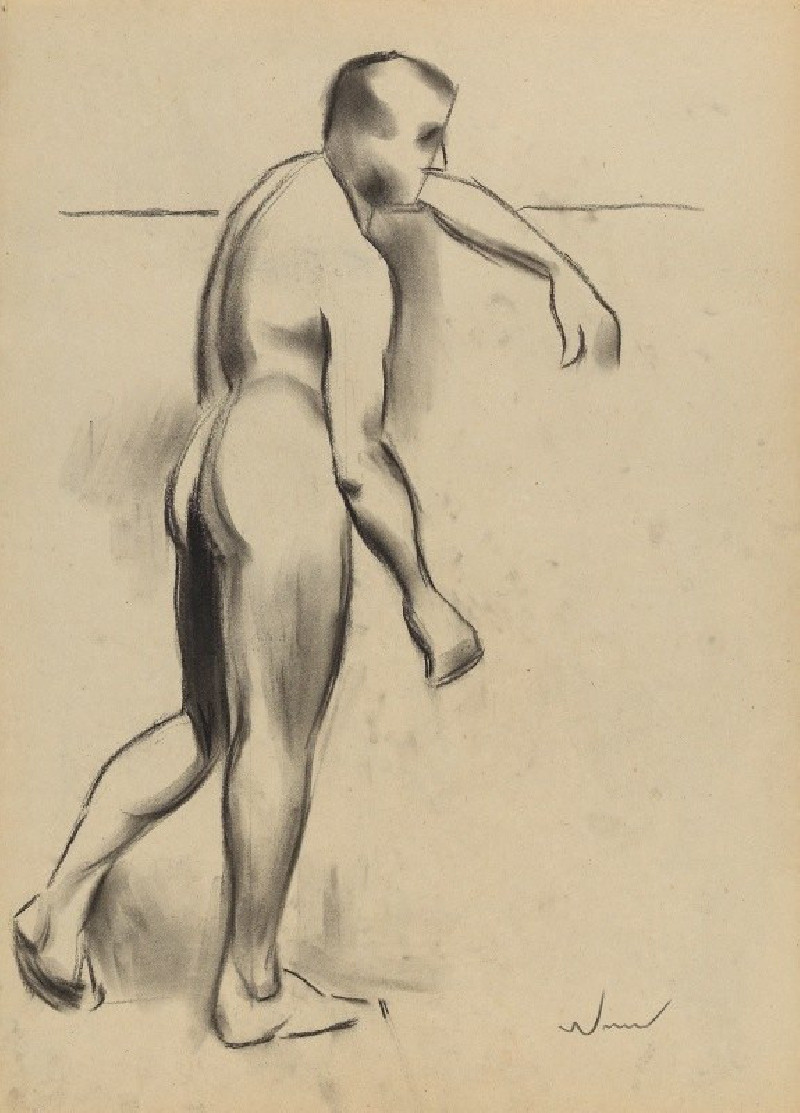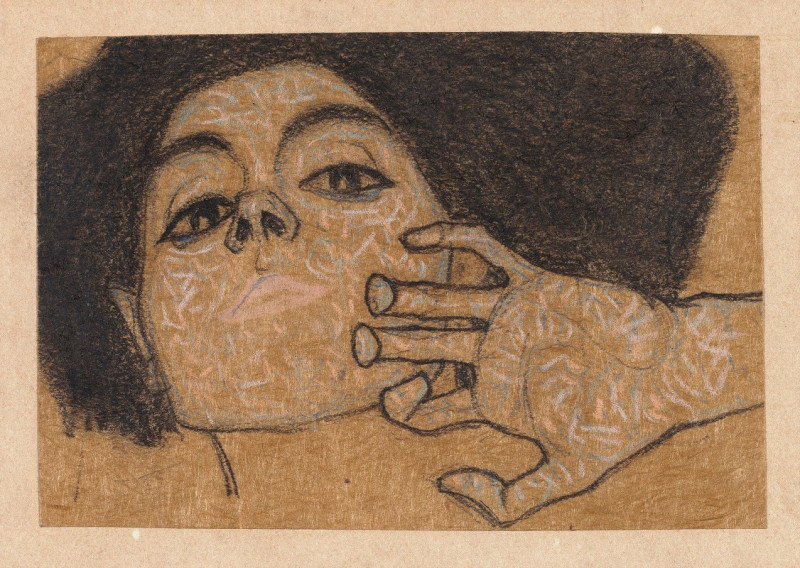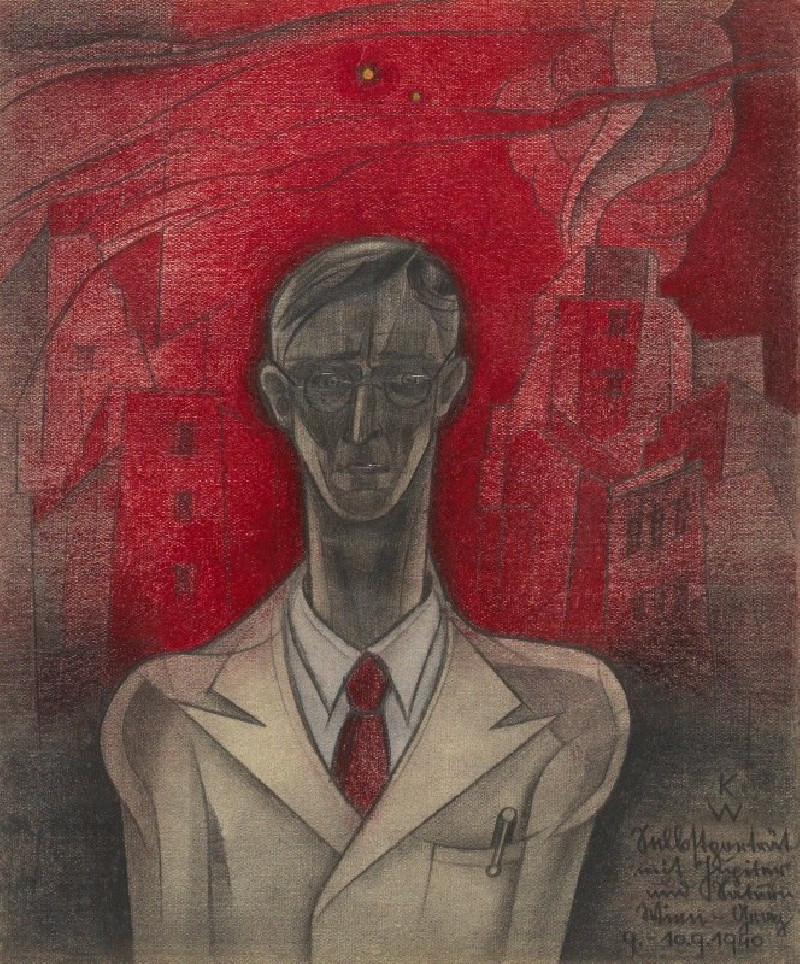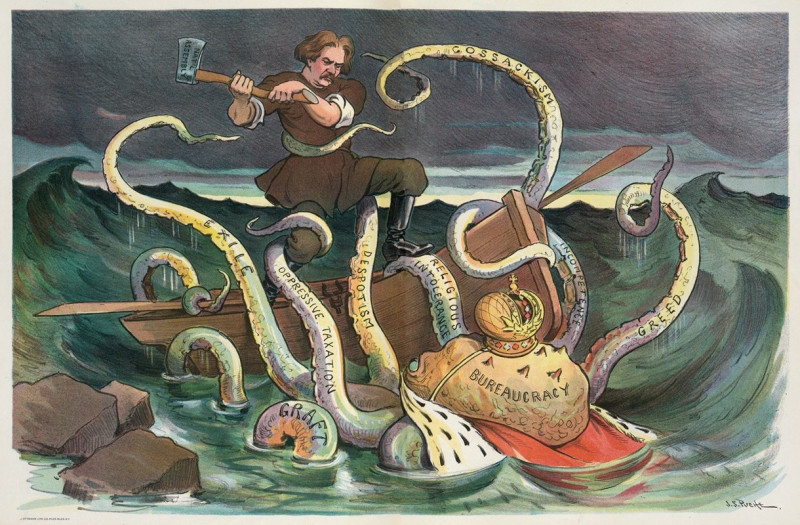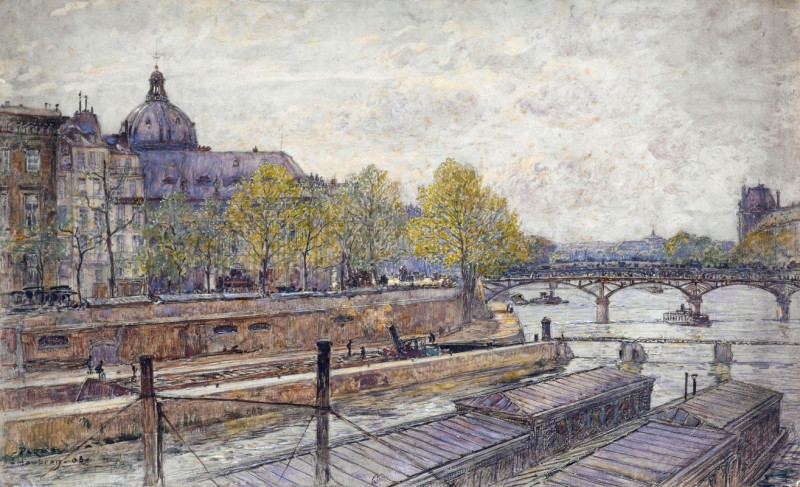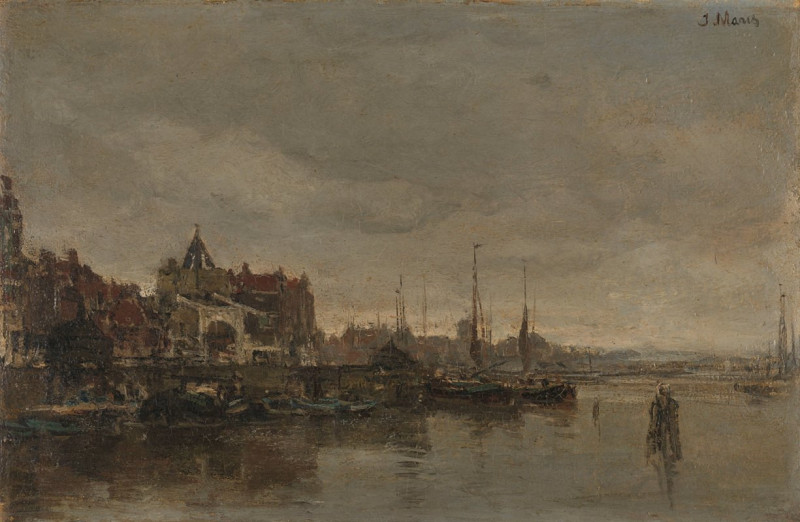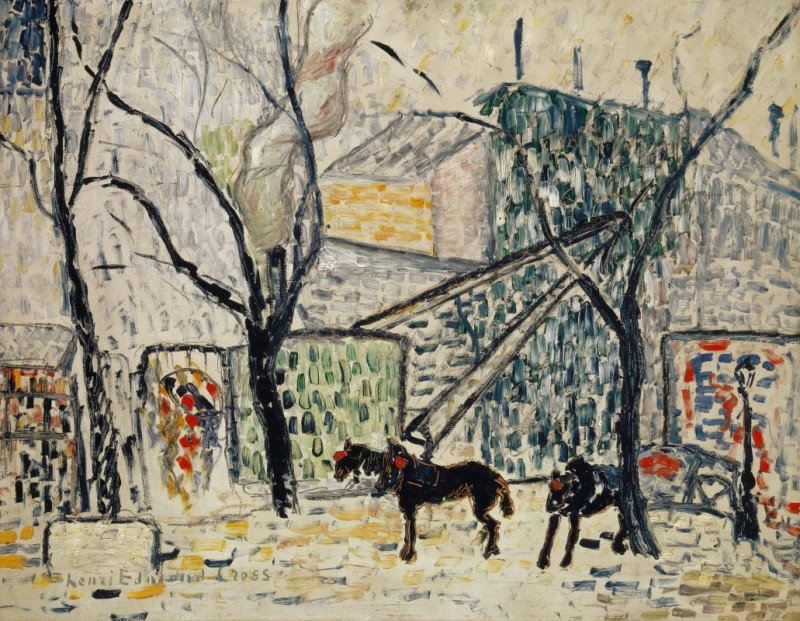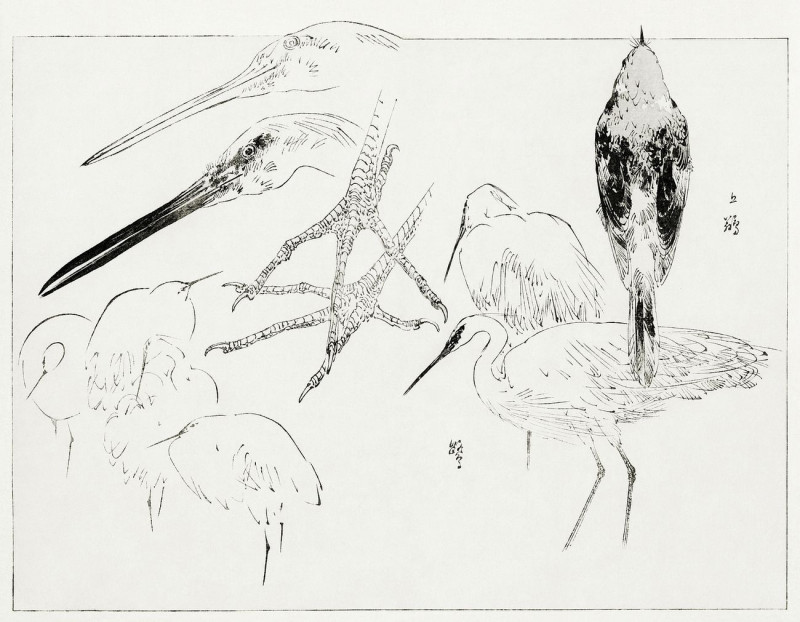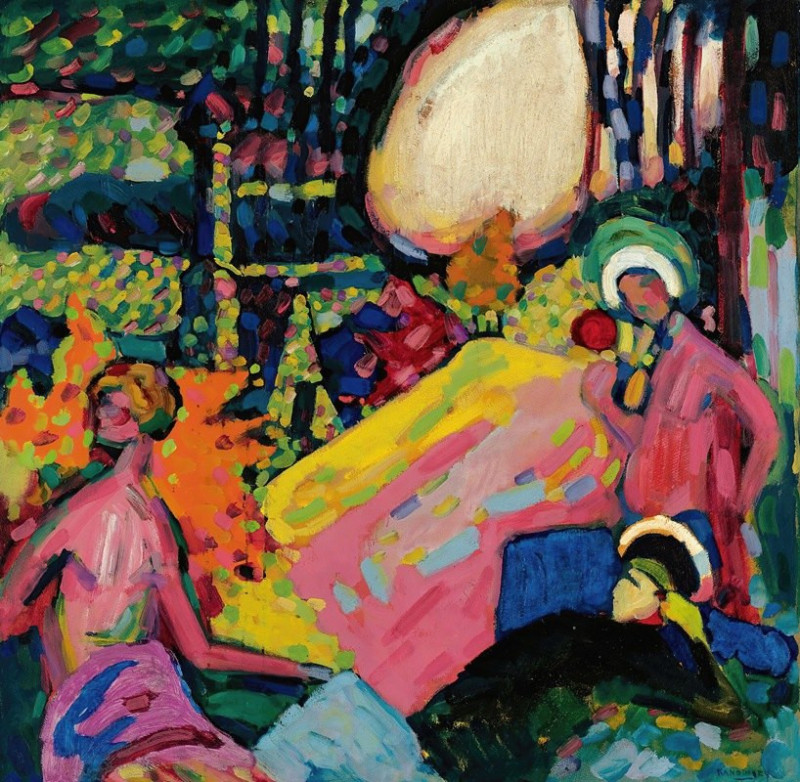The Ferry (ca. 1840)
More about this artwork
Delivery
Reproductions are made to order and take 5 to 7 working days.
We send them out by courier and delivery takes another two working days.
If you need a reproduction sooner, please contact us - we can usually find a solution and produce it a little faster.
If you don't want to pay for postage, you can pick up your paintings at our galleries in Kaunas or Vilnius.
Returns
Yes, reproductions can be returned.
If you have any doubts more than 30 days after the date of purchase, please contact us - we will take the reproduction back for a refund or offer you a replacement!
We accept a maximum of two returns per customer - please note that we make reproductions to order, so please choose responsibly.
We do not refund shipping expenses.
Francis Danby (16 November 1793 – 9 February 1861) was an Irish painter of the Romantic era. His imaginative, dramatic landscapes were comparable to those of John Martin. Danby initially developed his imaginative style while he was the central figure in a group of artists who have come to be known as the Bristol School. His period of greatest success was in London in the 1820s.

